Are study abroad students tourists in the country in which they study? I have been asking myself this question for the last four months, and I am still not sure of the answer. However, I do know that as temporary visitors (okay, so maybe we are tourists) we have the responsibility to leave the country in the same condition as we found it, if not better.
Many professional travelers have started a movement for ethical tourism. This can mean traveling sustainably, putting your money towards local vendors, or personal cultural integration. The goal of ethical tourism is to make sure that visitors are not exploiting the resources and culture of the place they visit. Taking pictures of vulnerable people and posting them without their consent? Exploitative. Mocking religious sites or traditions? Culturally insensitive. Shopping at businesses that use child labor or don’t pay workers a fair wage? Also, exploitative. During our time in Jordan, our group has worked hard to make sure we spend our tourist dollars and weekly stipend in a way that uplifts the community we are in.
Earlier this week, we had the unique opportunity to do just that! If you watched my Instagram takeover on Hope’s Off-Campus page you already have an idea of what this post is going to cover!
IKEA (yes, Jordan has Ikea) and the UNHCR partnered and have been hosting a winter bazaar for refugees for the past ten days at the IKEA in Amman. Our group came across a flyer advertising the event, so we decided to make the trip down to southern Amman to check it out. SIT even supplied us with 20 JOD (about $28) each to spend at the bazaar. If you didn’t already know, SIT programs have something called a Reciprocity Fund included in every program budget. The fund is designed to give students the ability to give back to the community and organizations they work with. So, with our 20 JOD from the Reciprocity Fund in our pockets, we made our way to the Winter Bazaar.
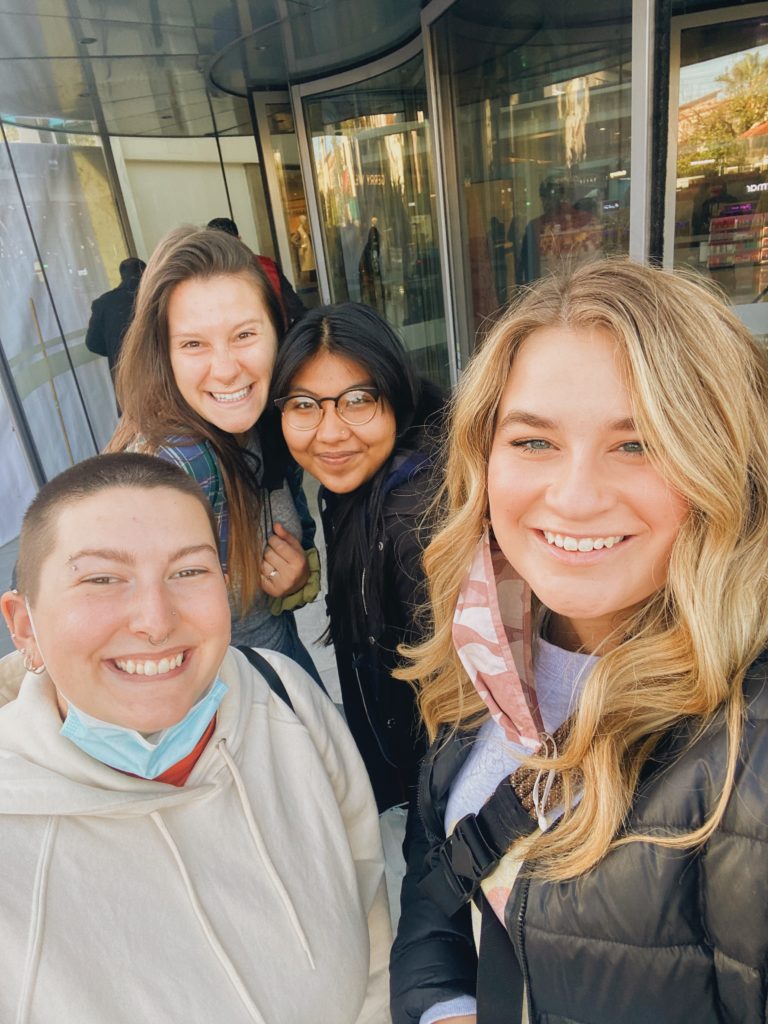
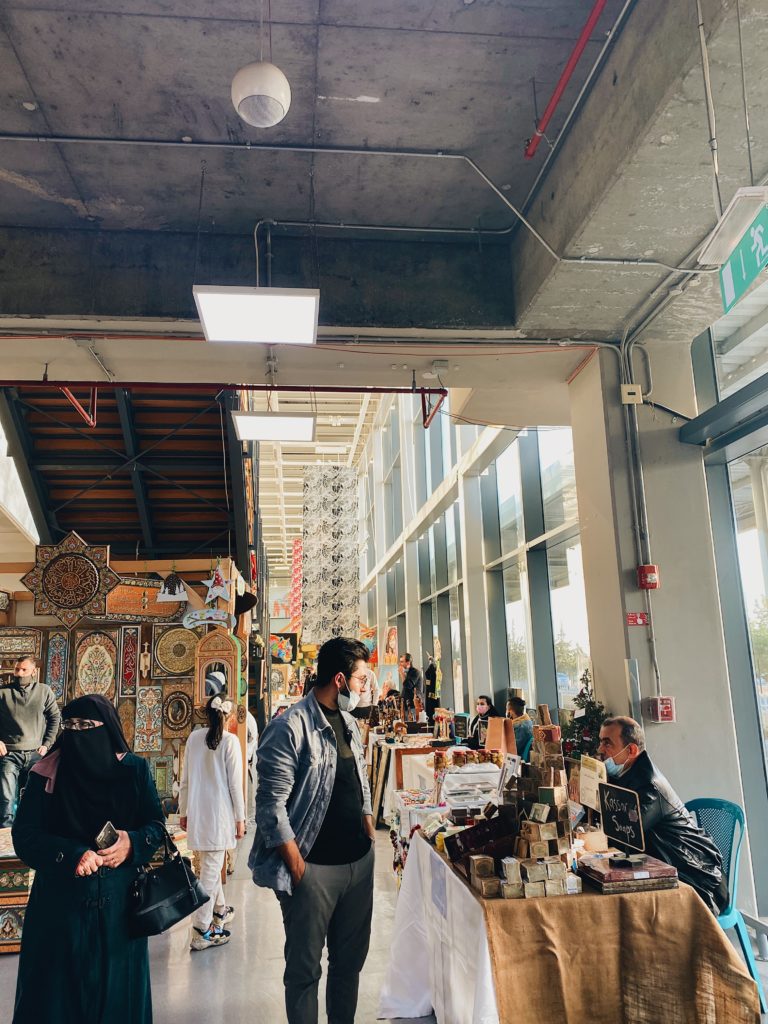
After making our way through all of IKEA, we landed at the bazaar. All of the vendors were refugees, or were selling items on behalf of them. The majority of these refugees live and work in our around Zaatari Refugee Camp, the largest refugee camp in Jordan. Many of these handcrafts are produced by women trying to build skills that can earn them a small income. For reference, the majority of refugees in Zaatari Camp are from Syria.
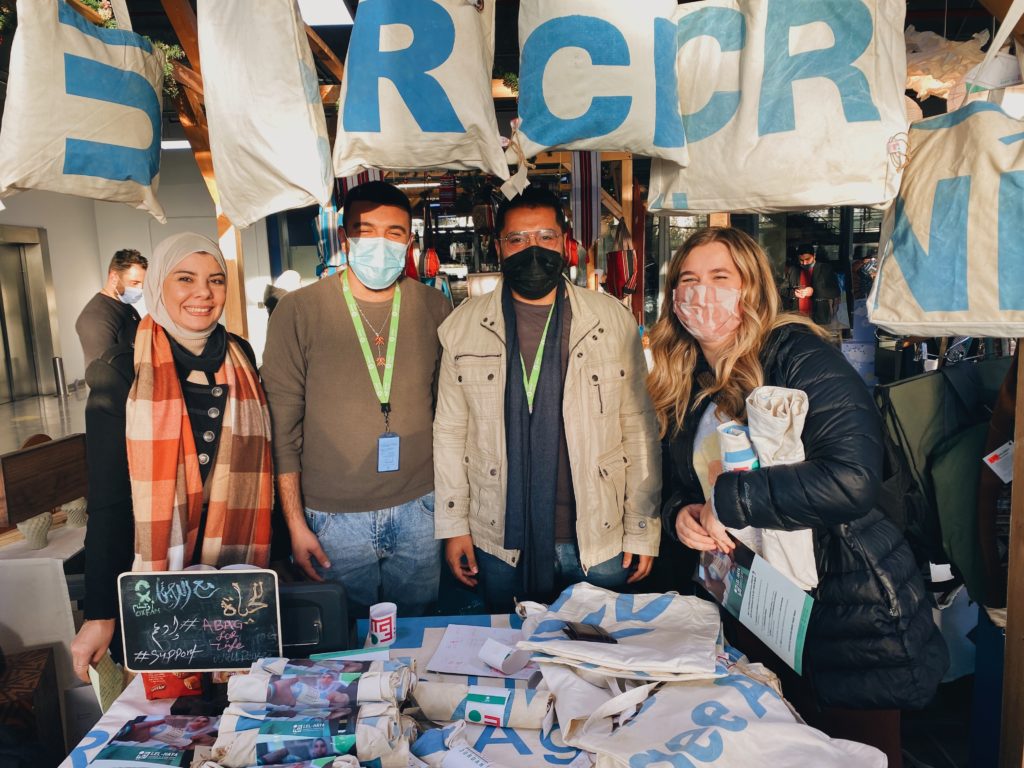
With so many awesome vendors, it was hard to choose where to put my 20 JOD. I ended up buying two tote bags from the Lel-Naya group. These tote bags are made of old tents that housed Syrian refugees in the camp. Each tote bag, after being recycled, has been sewn together by Syrian refugee women within the camp, the profits going straight back to them. It’s a wonderful initiative to encourage sustainable recycling, employment for women, and capacity building for women in the camp.
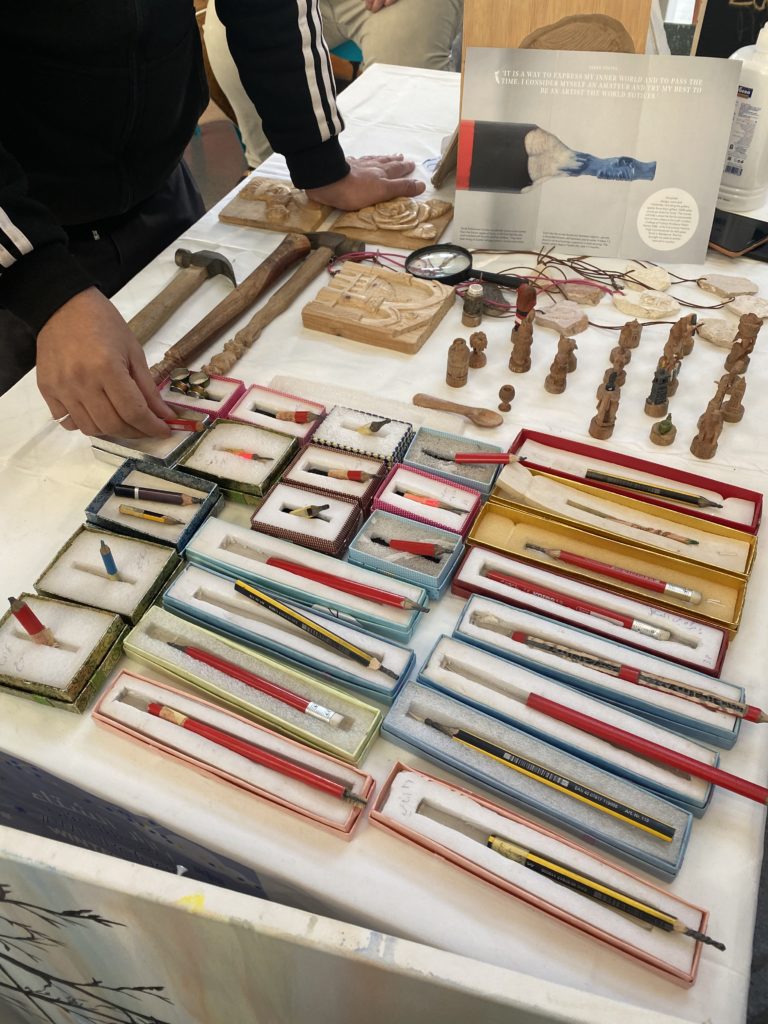
When I get to visit bazaars like this, it is often a bittersweet experience. Sweet because they’re awesome opportunities to support refugees, but bitter in that they are a testament to all of the unused potential and skills that sit idly in the camps. So often people make the mistake of assuming that refugees are uneducated and lack skills, but that is rarely the case.
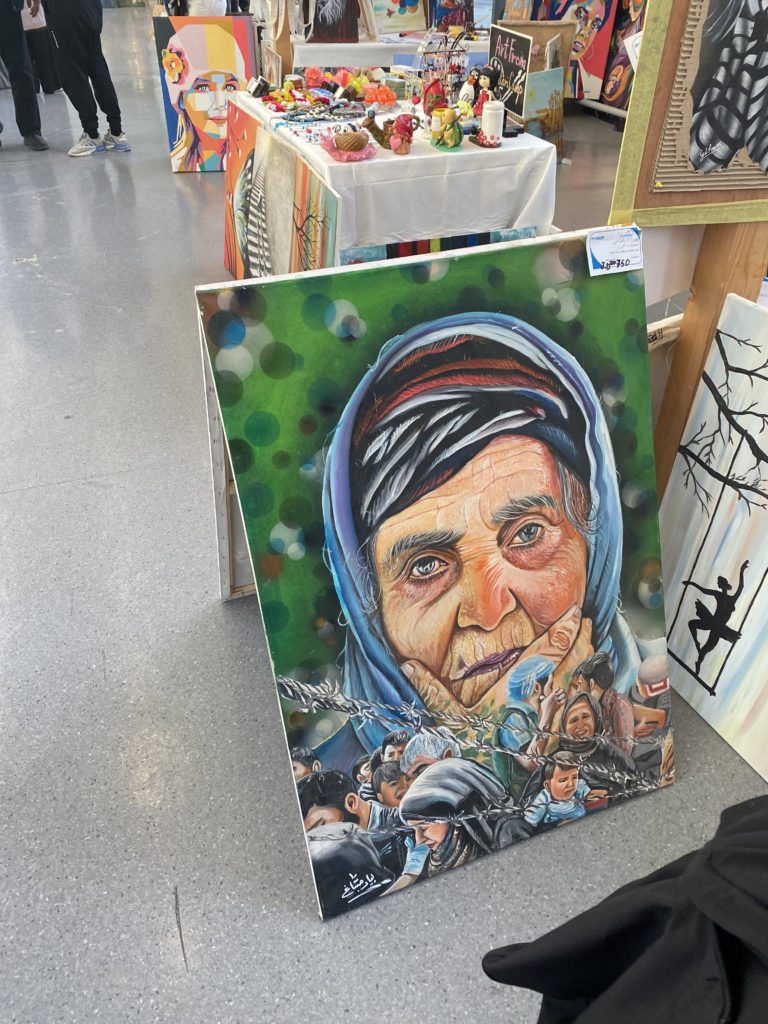
We had a really great time at this bazaar and got some awesome souvenirs to bring back home. Together, we spent over $300–all of which goes straight back into the pockets of refugees. This bazaar was a great example of ethical and sustainable tourism, and we’re grateful to the big players such as IKEA and the UNHCR for making opportunities like this available for both vendors and visitors!
If you’re looking to learn more about ethical travel and tourism, check out Alex at https://www.lostwithpurpose.com/about/ and Katie & Ben at https://www.twowanderingsoles.com/

